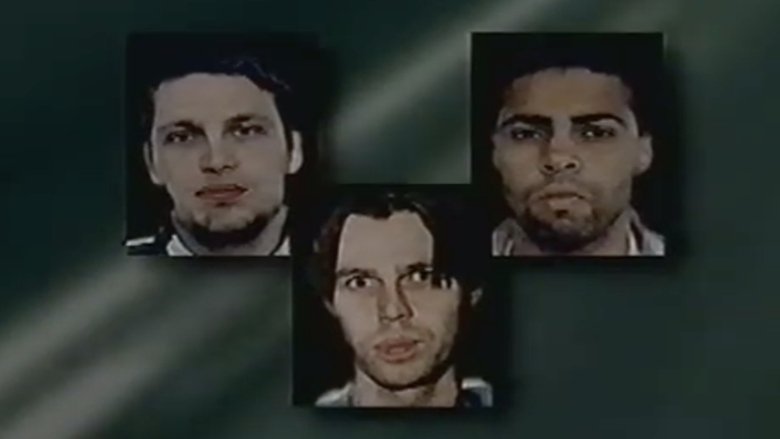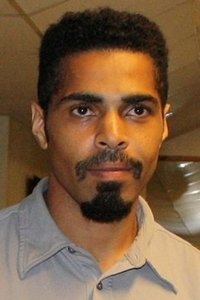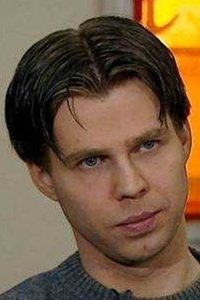Murder in Malexander
Genres
DocumentaryCrime
OverView
Depicts the controversial double police murder, involving neo-nazism and a theatre project by one of Scandinavia's most celebrated playwrights. The film traces a complex and fascinating chain of events leading up to the fatal climax in the picturesque small town of Malexander, Sweden.
Others
Budget
$--
Revenue
$--
Status
Released
Original Language
Swedish
Runtime
97 mins
Rating
8/10
Release Date
24 May 2001
Country
Sweden









